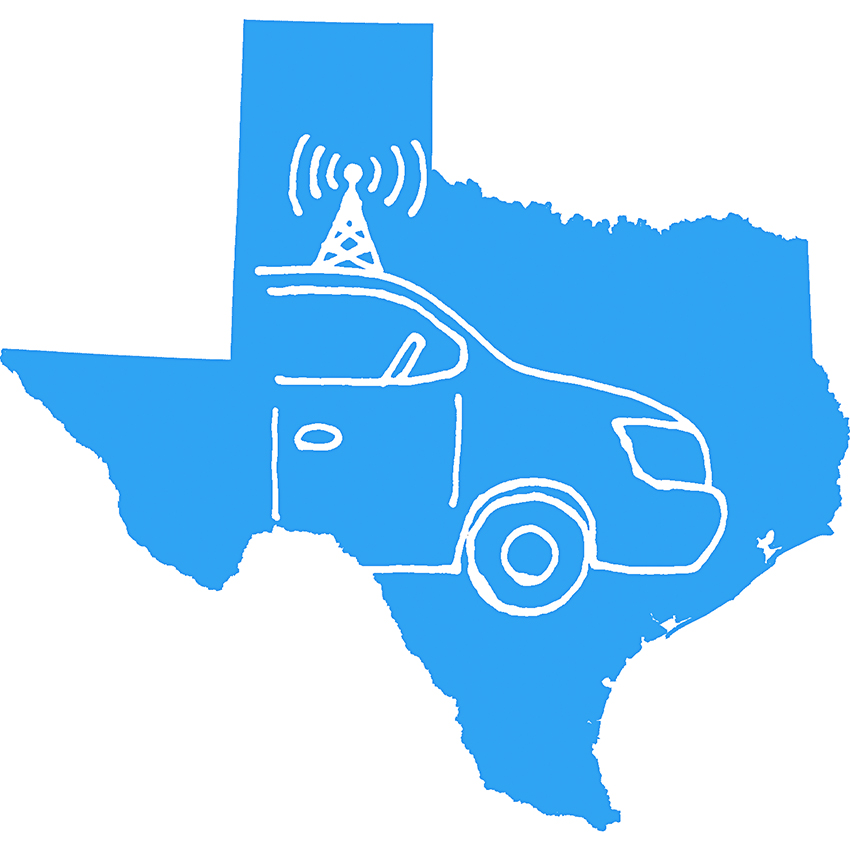A future in which we are all driven by our own cars may as close as 40 years away, and testing in Texas starts soon.
The U.S. Department of Transportation named Texas and eight other states as official proving grounds for autonomous vehicles. UT’s Center for Transportation joined 32 partners across the state as part of the Texas Proving Grounds Partnership, which will introduce autonomous vehicles onto public roadways.
Testing locations include the UT Arlington campus, Houston HOV lanes and roads in the San Antonio, Dallas-Fort Worth and El Paso areas, as well as Austin-Bergstrom Airport/Riverside corridor in Austin.
Christopher Poe, assistant agency director of the Texas A&M Transportation Institute, said a good automated vehicle testing site safely imitates the real world with support from technology specialists.
Michael Brown, an engineer at the Southwest Research Institute in San Antonio, said that the partnership will provide a more realistic environment.
“To truly test automated vehicles, you must have a diverse set of challenging environments,” Brown said. “Too often these vehicles are tested in ideal conditions in nice weather and well-marked roadways in a geographically limited area.”
With such a new and fragile technology, UT Center for Transportation Research director Chandra Bhat said that safety is the most important parameter.
“(When testing autonomous vehicles), it has to be done in a carefully orchestrated fashion,” Bhat said. “Step by step, things need to start in an extremely controlled way, with a driver ready to take control at any time. From there we may learn something, and we can graduate to more autonomy — however, all these transitions need to be methodically choreographed.”
Many issues arise when mixing driven vehicles with autonomous vehicles on roads. Human error causes 80 percent of automobile accidents and the most significant outcome of a community with only autonomous vehicles would be the drastic increase in safety, Bhat said. However, he said that mixing the two types of cars may pose higher rates of preventable accidents, and it would be safest with no
human-operated cars on the road.
“In a democracy (telling people they can’t drive) may not sit well, but on other hand it could be a regulation that will come down the road for the betterment of society,” Bhat said. “Smoking is banned in many public places because it is known how harmful secondhand smoke is. I think the same thing will happen with autonomous vehicles.”
As these vehicles are tested in the coming years, Bhat said the next steps will include proving ability, improving technology, questioning ethical, societal and liability issues and opening up a dialogue. The partnership plans to start testing cars by Jan. 2018.















